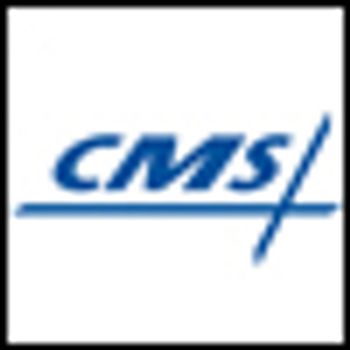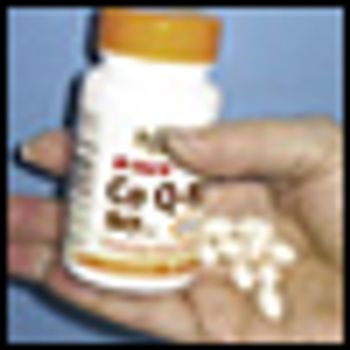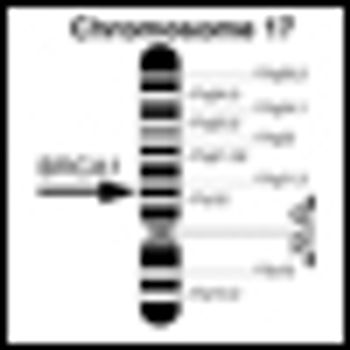
CancerNetwork presents exclusive coverage from the annual San Antonio Breast Cancer Symposium. As part of our preconference coverage, we present an interview with Dr. Kent Osborne, director of the Lester and Sue Smith Breast Cancer Center and the Dan L. Duncan Cancer Center at the Baylor College of Medicine, where he is also a professor of medicine in cellular and structural biology. Dr. Osborne is the moderator of the year in review session and he has been involved with the meeting since its beginning.Check back here for news and updates to come.













